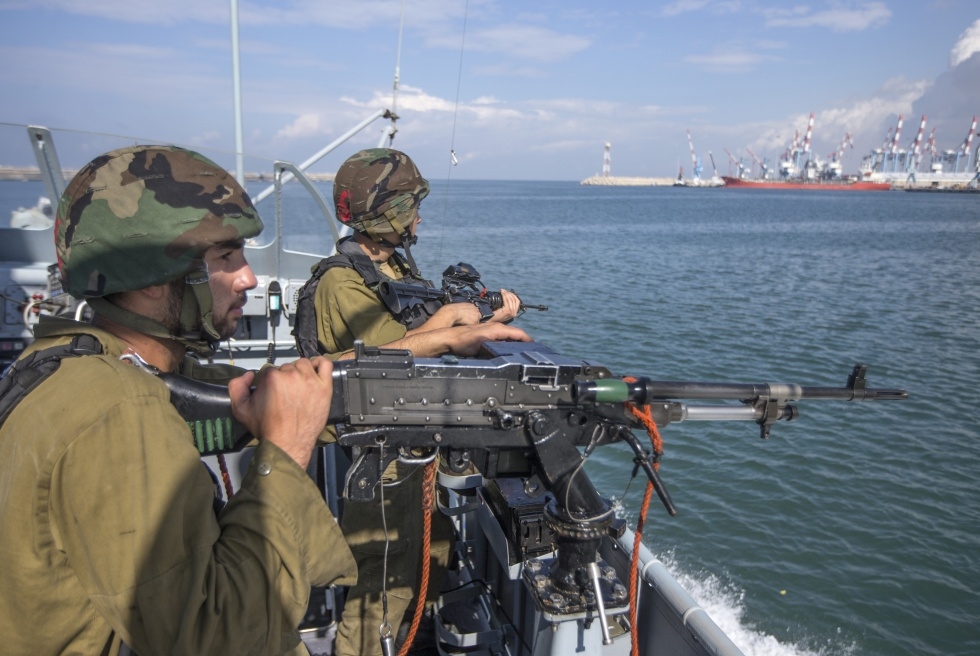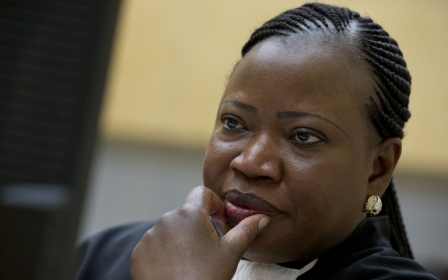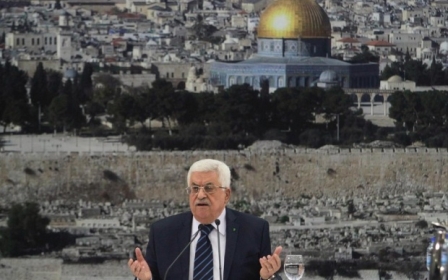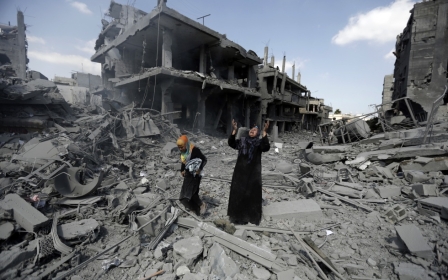Palestinian Authority ICC move fails to disturb Israel’s top legal officer

The Palestinian Authority’s signing of the Roman Statute on December 31, thus paving its way to become a member of the International Criminal Court, has failed to disturb the Israeli government.
Although Israeli Prime Minister Benjamin Netanyahu in January withheld £83 million in tax revenues from the PA, which led to the PA’s inability to pay its employees their salaries, there seems to be little concern for how the PA’s new membership role into an international war crimes body will affect Israel.
Palestinian chief negotiator Saeb Erekat championed the PA’s move as one that was to “ensure the protection and advance the rights of our people.”
“There must be accountability, and those who are concerned about courts should stop committing crimes,” Erekat said.
The membership, which will take effect on 1 April, will theoretically allow the Palestinians to legally try Israel for war crimes committed in the occupied territories after a waiting period of 60 days. Yet legal experts have suggested that in practice, this could prove to be problematic.
What is noteworthy is that should the PA choose to press ahead with bringing Israel to the ICC, the court would also be entitled to investigate the Palestinians for war crimes committed as well. The inclusion of Hamas into the unity government last year in April has opened the door to try the party on any human rights violations committed.
Nevertheless, Netanyahu has played up the PA’s decision to join the ICC as escalating hostility with his government.
“The Palestinian Authority has chosen confrontation with Israel and we will not sit idly by,” he told a cabinet meeting. “We will not allow Israeli Defence Force soldiers and commanders to be hauled before the International Criminal Court in The Hague. It is the Palestinian Authority leaders - who have allied with the war criminals of Hamas- who must be called to account.”
Yet the most that the PA can do in the ICC is to refer to particular situations or incidents to an ICC prosecutor, and request that they be investigated. They have already submitted a statement that will grant the court “retroactive jurisdiction” to 13 June 2014, which includes the Gaza invasion that summer. Over 2,000 Palestinians, most of them civilians, were killed in the 51 day invasion and more than 10,000 more were injured.
On 16 January, the ICC stated that it would conduct a “preliminary examination” into Israel’s actions over a period that includes the invasion on Gaza.
However, there’s a very good chance that the Court would not have jurisdiction over a number of suspected Israeli crimes. This falls under the “complementarity rule” which does not grant the Court authority over crimes that have been investigated and prosecuted by a national court.
Israel already has a judiciary that prosecutes war crimes cases involving its soldiers. Although the courts have been criticised by international rights group as appropriating a more indulgent line, the fact remains that these cases will remain under the jurisdiction of Israel, and not an international criminal court.
Major General Dan Efrony, the Israeli army’s top legal officer, said on Thursday that he is undaunted by the PA’s plans to sue Israel, specifically over the army’s conduct in Gaza last year.
Efrony told journalists that the army is already probing into 15 criminal investigations with testimonials from 17 Palestinians in Gaza. He is confident that these investigations would head off a parallel probe by the ICC.
Efrony remained adamant that the opening up of these investigations were not due to any pressure caused by the PA joining the Court in The Hague.
“When we decide to launch a criminal investigation, it’s a full and thorough criminal investigation. It’s not just to counteract the ICC - never,” he said.
“Our agenda is not set by the ICC,” he added. “We examine and investigate what should be investigated. We are a state that is willing and able to investigate and indict anyone that does something wrong.”
One of the cases is on the 16 July bombing of a beach which killed four children. The other is on the shelling of a UN school on 24 July which killed at least 15 people.
Ten investigations were opened for clear-cut criminal acts, while the rest were the result of a probe by fact-finding assessment (FFA) teams looking into “exceptional incidents.”
As of yet, no indictments have been filed.
If the FFA findings indicate, in Efrony’s words, “reasonable suspicion of committing a crime or a severe breach of the laws of armed conflict, then a criminal investigation will be opened”.
The decision of whether or not to open a criminal probe was a matter of interpretation, he said, referring to the incident on 1 August known as Black Friday, where Palestinian fighters allegedly captured an Israeli soldier.
The Israeli army retaliated by bombing Rafah, south of Gaza, which resulted in the deaths of 114 people in one day. There were also rumours that the army had used the controversial Hannibal Directive procedure, which allows the army to secure a soldier held captive “even at the cost of hurting or wounding our soldiers.”
Israeli Defence Minister Moshe Yaalon made his strong opposition to any criminal probe of Black Friday known last month, but Efrony, who is examining the case brushed off the minister’s disapproval.
“I don’t feel that I’m under any pressure,” he said.
New MEE newsletter: Jerusalem Dispatch
Sign up to get the latest insights and analysis on Israel-Palestine, alongside Turkey Unpacked and other MEE newsletters
Middle East Eye delivers independent and unrivalled coverage and analysis of the Middle East, North Africa and beyond. To learn more about republishing this content and the associated fees, please fill out this form. More about MEE can be found here.




